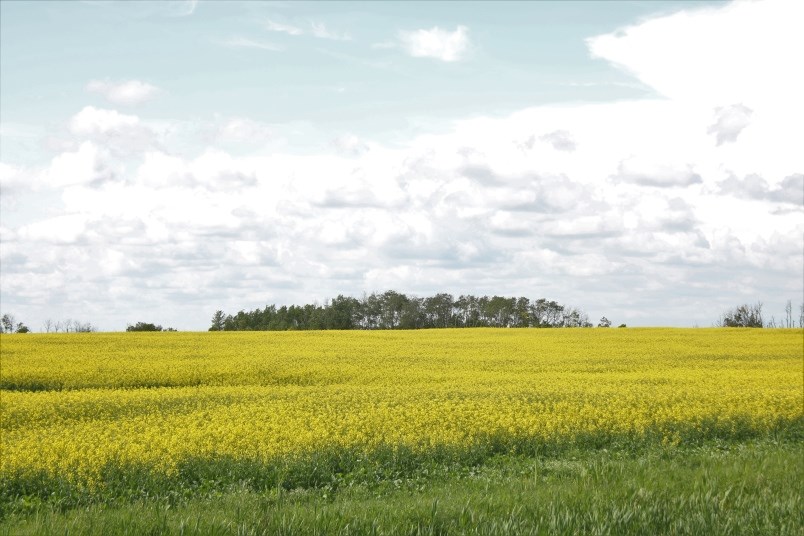In terms of economic activity, the best answer to the question would be every bushel produced, since crushing product here means jobs at crush plants which is good for the local community where the crushers are located.
It was certainly an historic day when two crush plants were announced for Yorkton a few years ago. When Richardson and LDM both announced plans for plants there was a definite ‘Wow’ factor, and an accompanying feeling one of the companies would blink and eventually move its plan to another locale, but even one plant was going to be a win for the local region.
Of course, neither company blinked, both plants were built, and expansions have followed. It has been a huge boon locally in terms of jobs.
And there have been spin-offs. Two truck washes have sprung up, and while not specifically related to the canola plants the steady flow of trucks hauling canola have to have been part of the planning process for the businesses in terms of anticipated clientele.
Now the canola crush sector appears on the verge of a massive expansion which is taking production facilities across the region, and in some cases into what not so long ago were not seen as typical canola production areas.
In April both Viterra and Cargill announced intentions to build canola crushing plants in Regina.
The Cargill plant will also cost approximately $350 million and have a one million tonne annual capacity.
Viterra's plant was still in the feasibility phase, but has a targeted capacity of 2.5 million tonnes and 100 full-time jobs.
In May Ceres Global Ag unveiled a plan for canola crushing facility at Northgate, SK.
The Minnesota-based Ceres Global was to construct a US$350-million integrated canola crush facility in Northgate, just off Highway 9 near the Northgate Border Crossing. The plant has a planned capacity to process 1.1 million metric tonnes of canola and refine 500,000 metric tonnes of canola oil once operational expected in 2024.
In Alberta Bunge is working through provincial regulatory processes toward building a facility in Lamont County east of Edmonton.
Whether all four plants move forward to construction might still be something of a long shot, but some will and that is impactful in terms of the canola sector.
When a crusher builds it becomes a local market producer which can have a level of confidence in always needing a supply of canola. It will not guarantee profitable prices for farmers, but they are markets which will require canola to stay operational and the investment in a new facility suggests a commitment to processing here long term.
In a year where drought hit canola yields, and impacted the oil content of the seed that was produced, the growth of the crush sector is certainly a positive for the sector.

